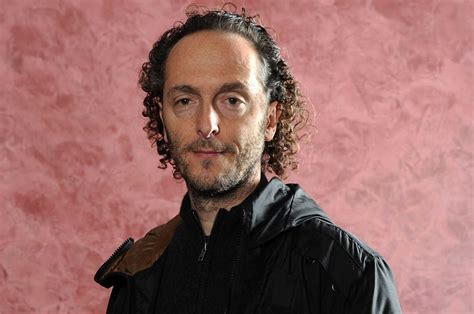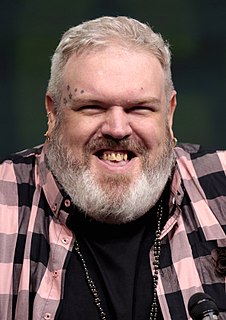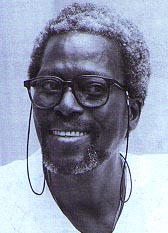A Quote by Joseph Fiennes
I like language, and in film, language is diluted by the visuals and the music. Theatre is what I was trained for.
Related Quotes
We believe we can also show that words do not have exactly the same psychic "weight" depending on whether they belong to the language of reverie or to the language of daylight life-to rested language or language under surveillance-to the language of natural poetry or to the language hammered out by authoritarian prosodies.
I'm chasing a kind of language that can be unburdened by people's expectations. I think music is the primary model-how close can you get this language to be like music and communicate feeling at the base level in the same way a composition with no words communicates meaning? It might be impossible. Language is always burdened by thought. I'm just trying to get it so it can be like feeling.
One has to choose between engaging in stylistic research or the mere recording of facts. I feel that a filmmaker must go beyond the recording of facts. Moreover, I believe that Africans, in particular, must reinvent cinema. It will be a difficult task because our viewing audience is used to a specific film language, but a choice has to be made: either one is very popular and one talks to people in a simple and plain manner, or else one searches for an African film language that would exclude chattering and focus more on how to make use of visuals and sounds.


































